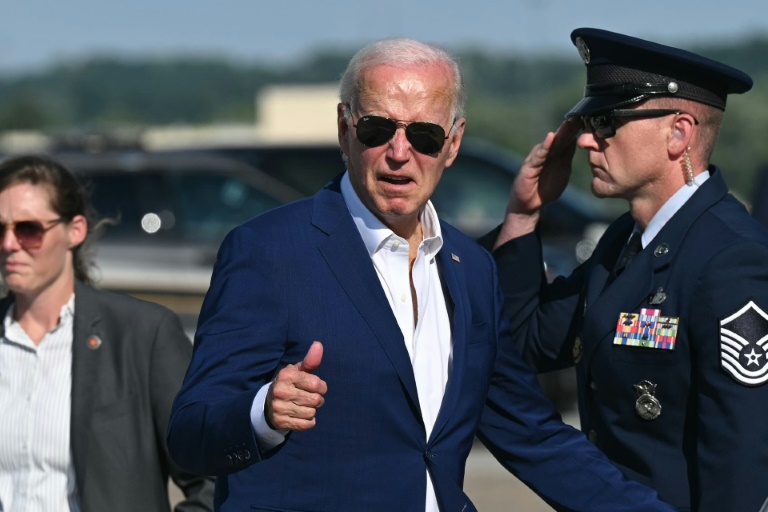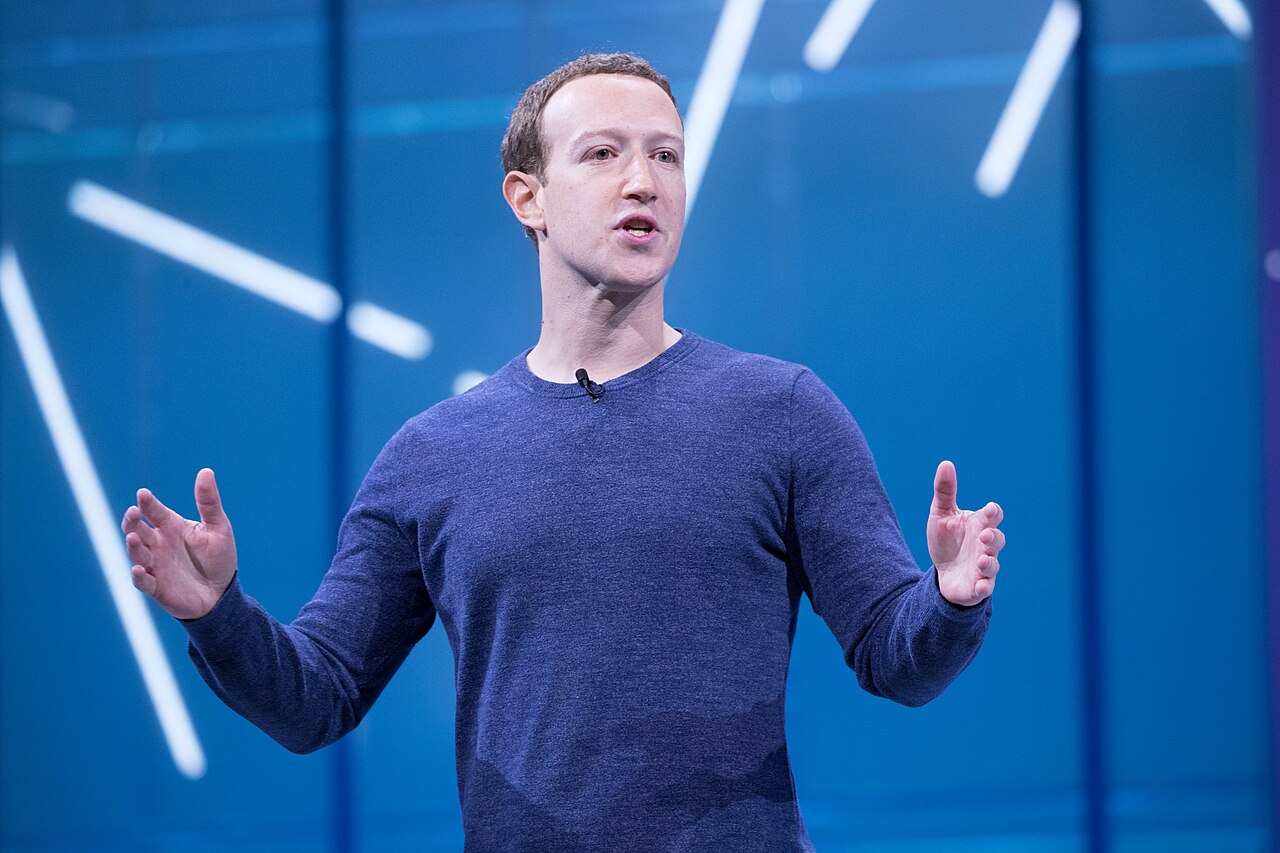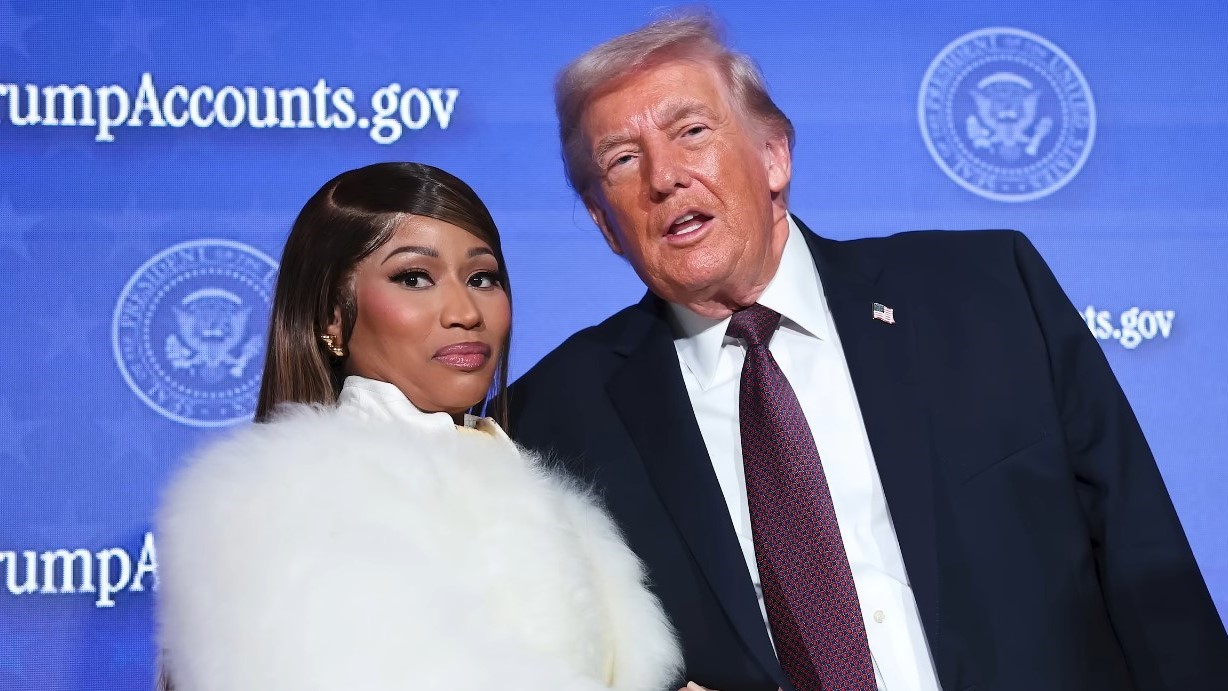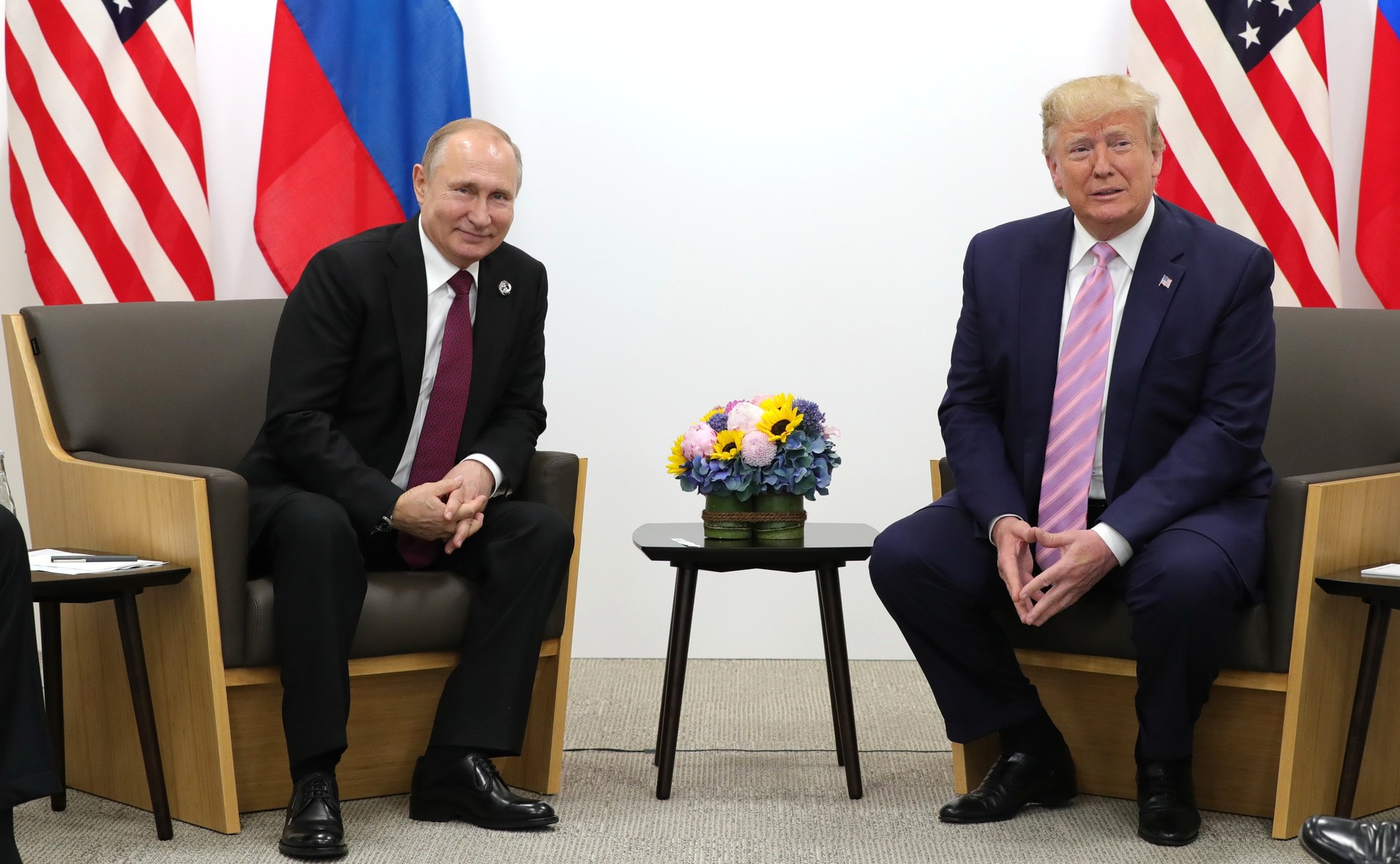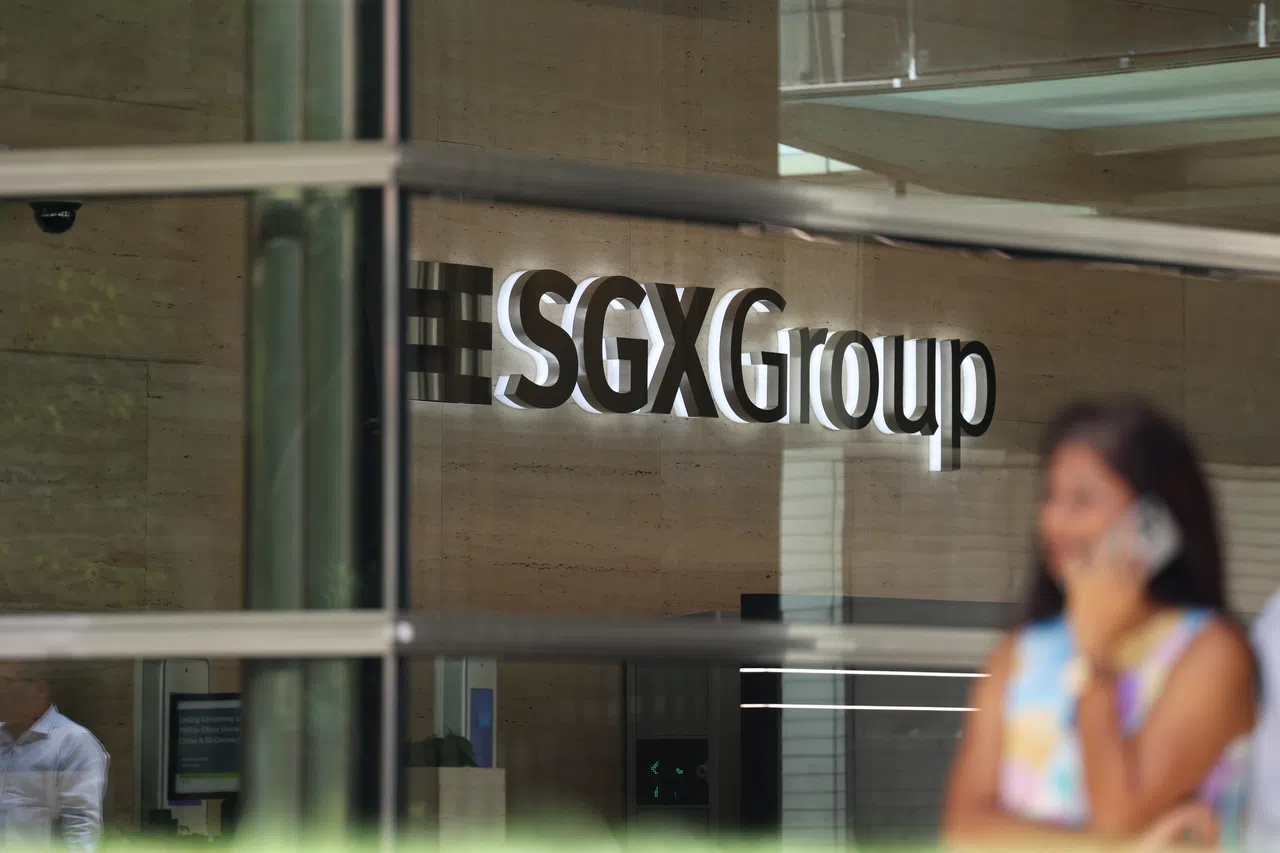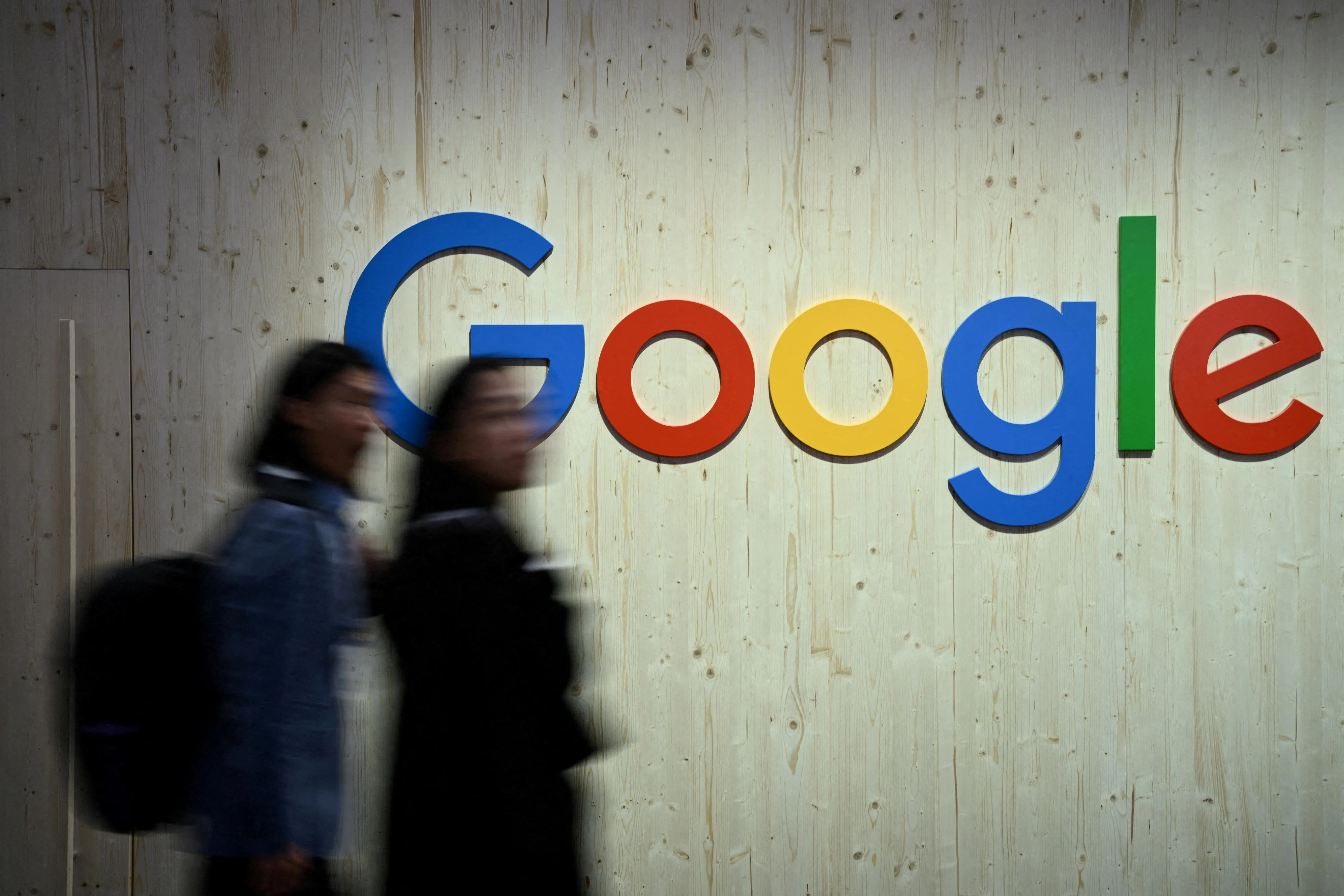NATO leaders gather Tuesday in Washington for a summit aimed at showing resolve against Russia and support for Ukraine — but the meeting is set to be overshadowed by US President Joe Biden’s fight for political survival.
The 81-year-old leader will try to use the three days of pomp marking NATO’s 75th anniversary to reassure allies over US leadership, and his own ability to govern, as calls grow for him to quit the fight for a second term in office.
Biden has so far defied pressure from some within his own party to step aside, after a disastrous debate against election rival Donald Trump last month threw into stark relief fears he lacks the mental acuity and physical fitness to serve a second term.
“Our allies are looking for US leadership,” Biden said in an interview Monday.
“Who else do you think could step in here and do this? I expanded NATO. I solidified NATO.”
As doubts swirl over Biden, the rest of the 32-nation alliance is nervously eyeing a potential return to the White House by Trump after elections in November.
On the campaign trail the volatile ex-reality TV star has threatened to blow apart the principle of mutual self-defense that has underpinned NATO since it was founded in the wake of World War II.
But it’s not just the United States that faces political questions.
French President Emmanuel Macron arrives after fending off a push by the country’s far-right to win power, new British Prime Minister Keir Starmer has his first international outing, and Hungary’s premier Viktor Orban flies in after a much-criticized meeting with Russian leader Vladimir Putin.
While they wrestle with the minefield of US politics, NATO leaders will have to show they haven’t been distracted from the reality of the battlefield in Ukraine.
Ukrainian President Volodymyr Zelensky will show up expecting to secure additional Patriot advanced air defense systems that he has been begging his backers to send for months to stave off Russian attacks.
His war-torn country’s vulnerability to Moscow’s missiles was cruelly exposed by a strike Monday on a children’s hospital in Kyiv.
“I would like to hear from our partners a greater resilience and a stronger response to the blow that Russia has once again delivered,” Zelensky said on a stopover in Poland before heading to Washington.
The promise of more weaponry is set to be the biggest win the Ukrainian leader will get as his troops struggle to hold ground two and a half years into Russia’s invasion.
Worried about dragging NATO closer to war with Russia, the United States and Germany have shut down any talk of giving Ukraine a clear invitation to join their alliance.
Instead diplomats say they are eyeing calling Kyiv’s path to eventual membership “irreversible” in the summit declaration, and saying the country is on a “bridge” to joining.
It is hoped that encouragement — coupled with pledges on weapons supplies — will be enough to avoid Zelensky creating another diplomatic ruckus after he lashed out publicly at NATO’s reluctance on membership at last year’s summit.
With one eye on Trump, NATO members will vow to keep supporting Ukraine at the rate they have been so far since Moscow invaded — roughly 40 billion euros annually — for at least another year.
They will also agree the alliance will take more control of coordinating weapon deliveries to Ukraine from the US military in a move to help insulate supplies from any changes in Washington.
In a bid to send a clear message that European allies are doing more to pull their weight on defense, NATO will place increases on spending across the alliance front and center in Washington.
This year 23 of the alliance’s 32 members are set to hit NATO’s target of spending two percent of gross domestic product on their militaries — up from just three a decade ago.
AFP
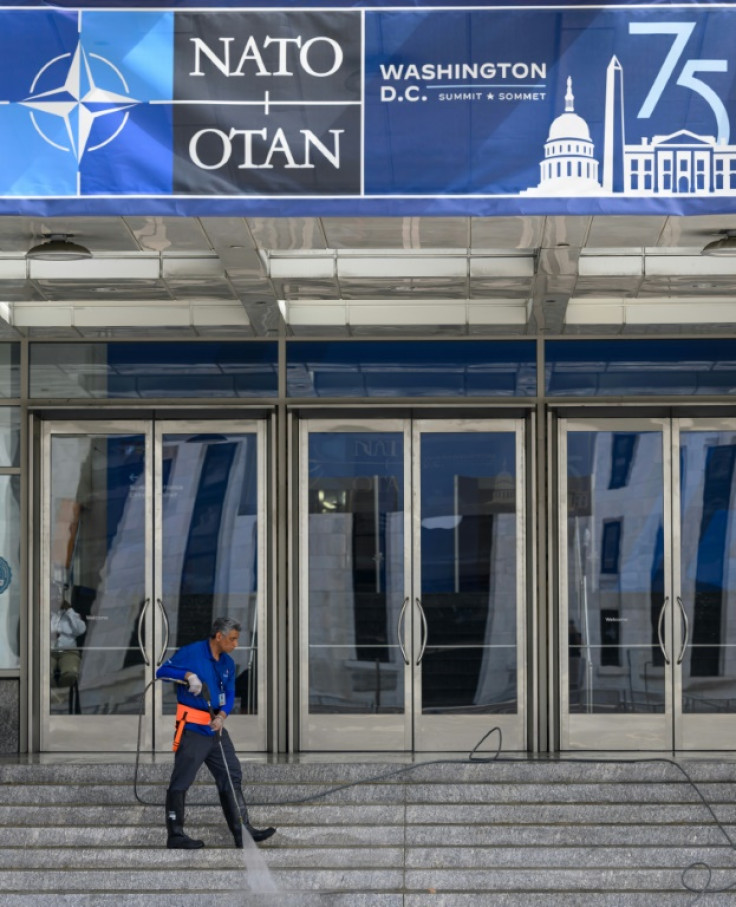
AFP

